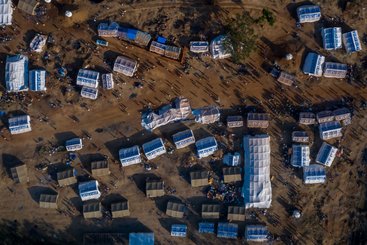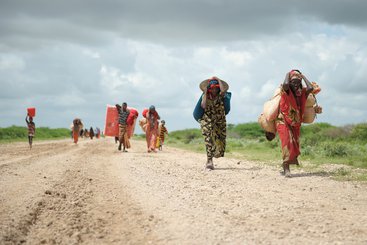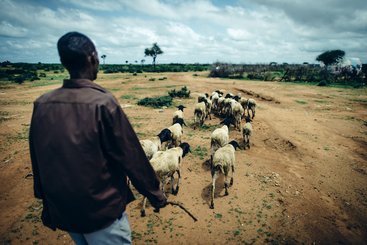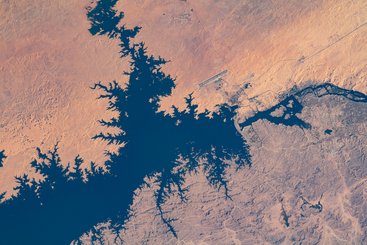
Adaptation Without Borders
Adaptation is a key challenge facing climate negotiators and policymakers. However, the concept of adaptation as a ‘global challenge’ – as recognised by the Paris Agreement – is not getting the attention it warrants in international climate negotiations.
Until recently, adaptation has been framed almost exclusively as a national-to-local concern. But climate risk does not recognise borders. Climate impacts in one country will create risks and opportunities in others due to cross-border connectivity (in trade, people, finance and biophysical ecosystems). For the same reasons, adaptation measures in one part of the world can have positive and/or negative effects in other places by affecting cross-border links and flows.
Adopting a transboundary view of climate risk, which explicitly recognises the interconnections between people, ecosystems and economies in a globalised world, changes the scope and nature of the adaptation challenge and creates opportunities to reinvigorate international cooperation on adaptation.
ODI is a founding partner of Adaptation Without Borders alongside The Institute for Sustainable Development and International Relations (IDDRI), Stockholm Environment Institute (SEI) and Wilton Park. Adaptation Without Borders seeks to build momentum in addressing the global adaptation challenge by moving towards enhanced global cooperation, to enable genuine global resilience.
For more information please visit adaptationwithoutborders.org.
How can Africa's regional organisations help manage transboundary climate risks?
There is increasing recognition of the cross-border risks posed by climate change and climate policies. Two latest reports from Adaptation Without Borders provide practical guidance on ways to identify and mitigate these risks.
Policy mechanisms of the African Union and the Regional Economic Communities to manage transboundary climate risks looks into how the African Union and four regional economic communities can support with the management of transboundary climate risks. Meanwhile, Developing guidance on managing transboundary climate risks in adaptation and sectoral planning provides some guidance on how least developed countries can incorporate transboundary climate risks into their climate policy and planning processes.

Staff
-
Rebecca Nadin
Director, Global Risks and Resilience programme
-
Sarah Opitz-Stapleton
Senior Research Associate
-
Erin Roberts
Research Associate
-
Catherine Stockwell
Project Manager






